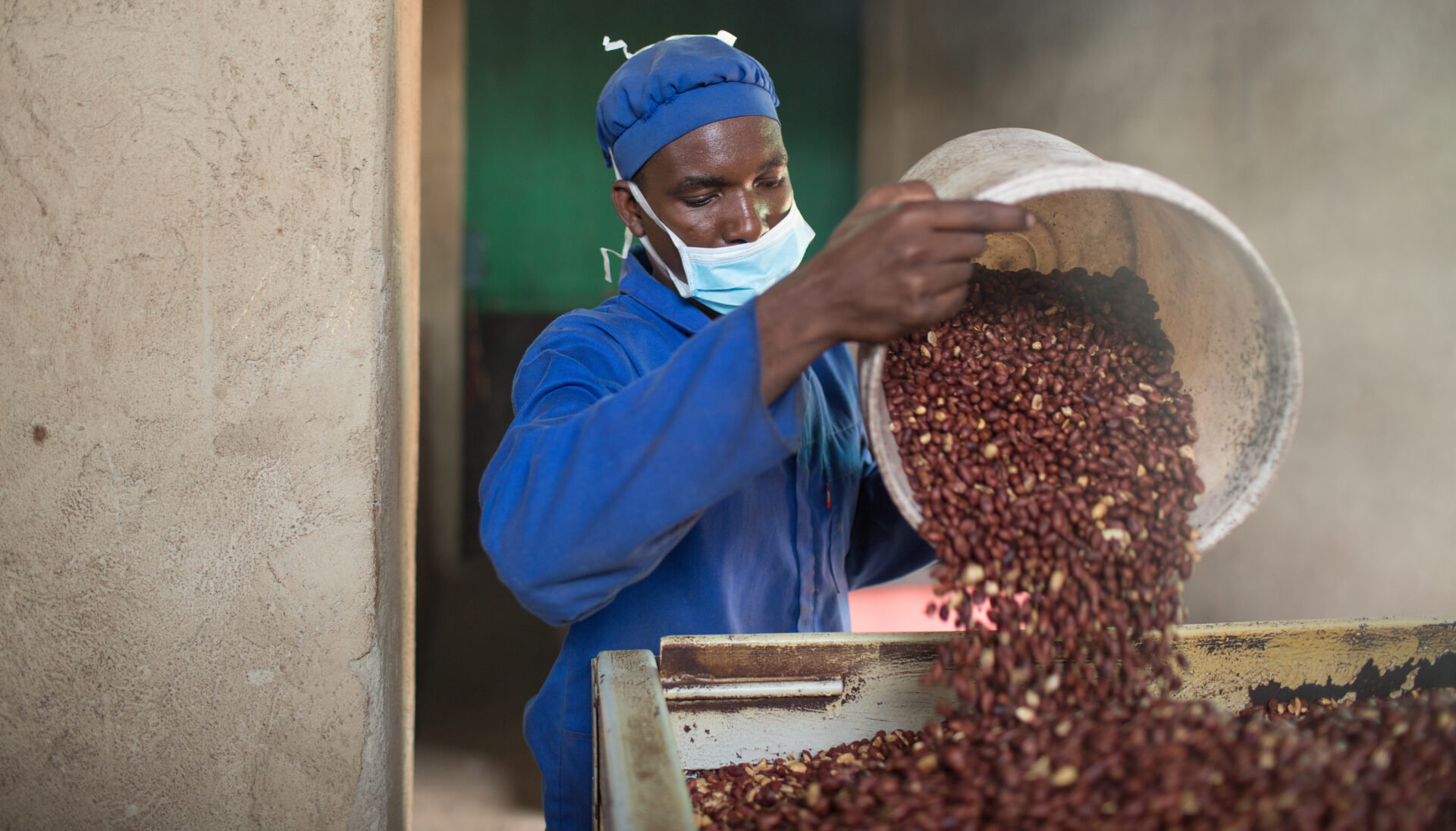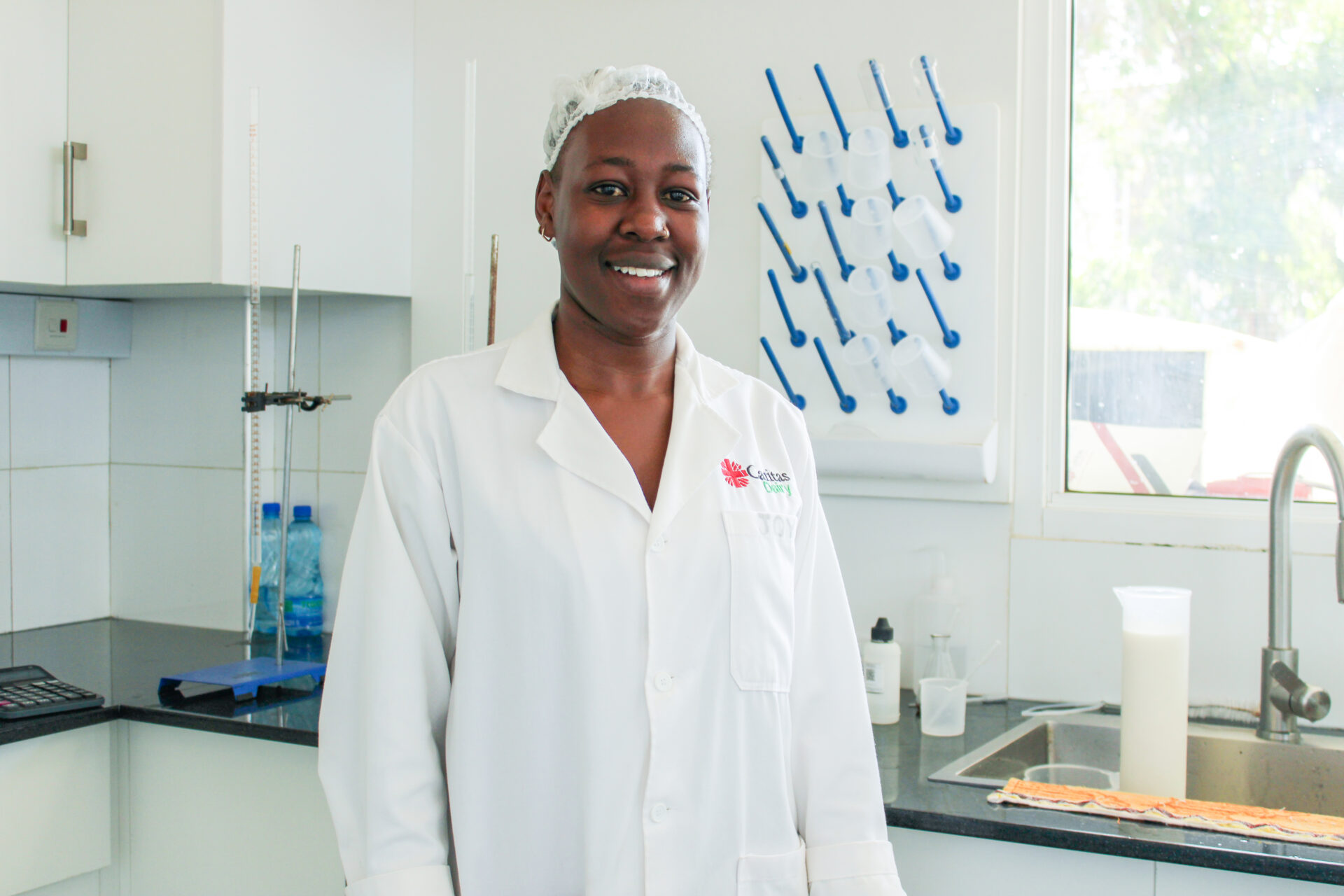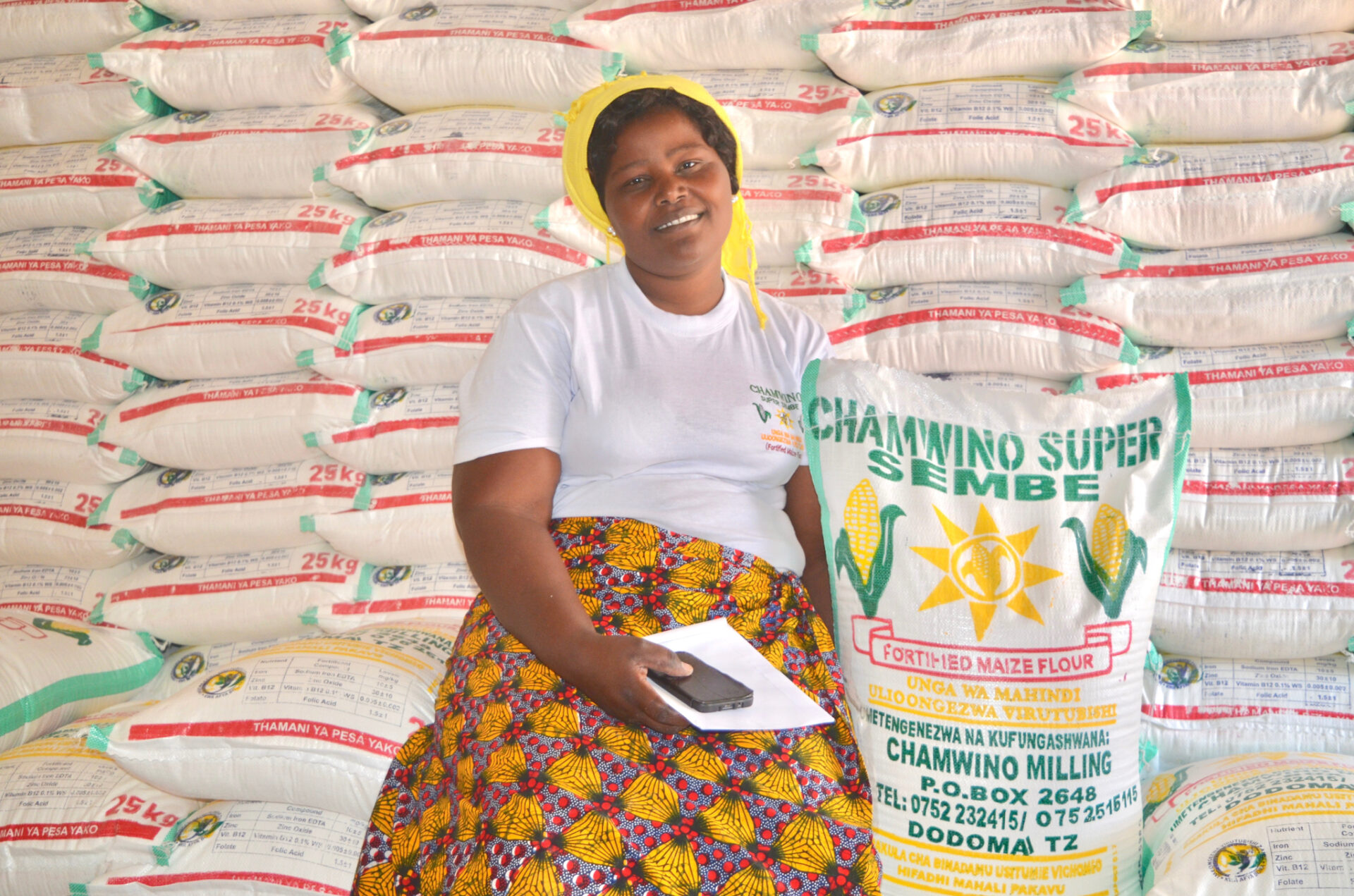Food processing is a multibillion dollar industry in most parts of the world. In Africa, the industry is small, with most countries still focused on primary food exports.
Estimates indicate that Africa does value addition and processing for less than a quarter of the food produced on the continent, which means it is losing out on much-needed industries, jobs and substantial incomes. Worse still, it contributes immensely to the challenge of post-harvest losses, where at least 40% of food go to waste.
A decade and a half ago, Ken Powell, then-CEO of U.S-based General Mills, had a candid conversation with former UN Secretary General Kofi Annan on the need to address food processing gaps in Africa.
The conversation gave birth to Partners in Food Solutions (PFS), a nonprofit consortium of seven global food industry companies working together to improve food security in Africa. By sharing technical and business expertise with entrepreneurial food companies in 11 African countries, PFS experts are advancing food security in the continent.
In addition to General Mills, the consortium includes Cargill, Bühler, dsm-firmenich, Hershey, Ardent Mills, and The J.M. Smucker Co.
AgFunderNews recently talked to PFS Program Director Vivian Maduekeh, who explained that a pool of over 2,000 experts have offered 163,000 pro bono consulting hours to over 2,000 small and growing businesses in Africa, helping solve critical challenges thus driving growth of agricultural value addition and processing.
AgFunderNew (AFN): Why is Africa not doing well in terms of agricultural produce value addition and processing and how can the continent improve in these areas?
VM: Investments in Africa’s food systems have often prioritized primary production. Yet, the continent holds vast potential for agricultural value addition and processing. By embracing innovation in processing, Africa can unlock substantial value in its agricultural resources.
The continent currently exports much of its raw food commodities to the rest of the world, despite its large consumer population, manpower, arable land and favorable climatic conditions. Africa also spends more than $65 billion on food importation.
Drawing on over a decade of working in the region, PFS emphasizes the need for investment in the middle of the value chain particularly on human capital and education, infrastructure development, technology and R&D investment. This is critical in ensuring the continent gets to feed herself.

AFN: Why is it important for Africa to prioritize the middle of the value chain food systems?
VM: With so many farmers in Africa, and a rapidly growing and young population, local food processing is uniquely positioned to provide benefits up and down the value chain. A robust processing sector provides a stable market for farmers, keeps surplus harvest in the food system and eliminates waste, creates jobs and can provide lower cost food products formulated specifically for local preferences.
AFN: What kind of solutions/support does PFS offer to companies in Africa?
VM: We have expertise to offer in almost every area of a food processing business. These range from manufacturing equipment recommendation, process design, product formulation, plant layout, occupational health and safety, marketing, accounting and more.
We also have multiple types of assistance from months-long projects to tackle a specific issue like obtaining a food quality certification to shorter ‘ask an expert’ engagements. Additionally, we also offer mentorships, access to finance and assistance with food safety and quality certifications.
Over the past 15 years, our client companies in Africa have attracted tens of millions of dollars in investment sourced from 1.7 million smallholder farmers, employ over 40,000 people and helped produce billions of safer, more nutritious and affordable meals.
PFS also runs a unique apprenticeship program aimed at building a more sustainable local food industry by training the next generation of food industry professionals.
AFN: Under what terms does PFS work with these companies and what criteria do you use to decide which companies you target?
VM: Our strategy is to focus on high-potential clients, those that are committed to “pull” expertise from our volunteers, have technical personnel on staff, are of a certain size and have access to capital, and a few other criteria. We’ve determined that by investing in these types of businesses they will have the ability to scale and have a larger, faster impact. We only work with clients who are already present in the local marketplace, we do not assist startups.

AFN: Access to finance and technological adoption are big challenges in Africa. How does PFS help in these areas?
VM: Certainly, access to appropriate financing is critical but a big challenge. More than half of our food processing clients identify financing as the primary barrier to value addition. The current capital deficit to fund agricultural SMEs in Africa ranges from $80 billion to $140 billion.
PFS tackles these challenges through various avenues like providing finance consultations to enhance readiness for these companies to access capital. As trusted advisors, we help them assess the health of their business and financial flows, ensuring they are accessing the right capital and are investment-worthy.
Additionally, we facilitate connections with ecosystem partners, including impact investors capable of providing funding. Furthermore, our technical assistance ensures their investment is derisked because we advise them on how to optimize their production, improve food safety, grow the business and become more attractive to investors. Lastly, we assist in building a robust business case before any investment is made.
AFN: How does PFS help processors meet stringent standards particularly in Europe?
VM: To meet stringent traceability and quality standards essential for export markets, including Europe, most food processors will require HACCP certification or Global Food Safety Initiative (GFSI) benchmarked standards.
PFS has supported many food processors in successfully accessing new markets through our renowned certification service. In this service, we provide comprehensive support including certification education, gap audits, training and implementation assistance to ensure compliance with standards and traceability requirements. This guidance enables them to achieve certification and successfully export products.
AFN: African farmers are not short of support from many different organizations. What makes PFS unique?
VM: There are many organizations that are working with farmers, and many that are helping to feed people, and this is where PFS is totally different. We don’t work at all with farmers or consumers. We are one of the only organizations that are working directly with food processing companies.





